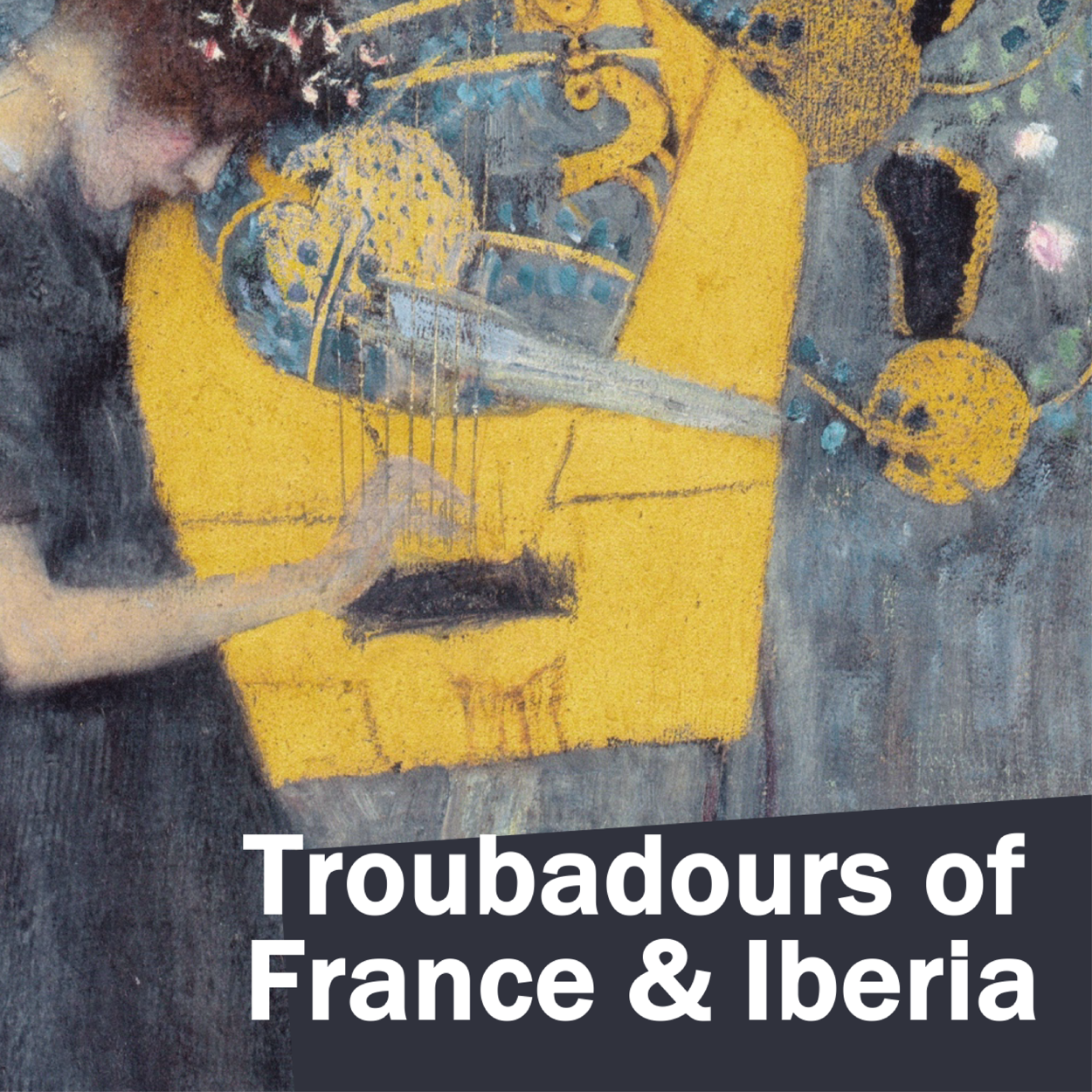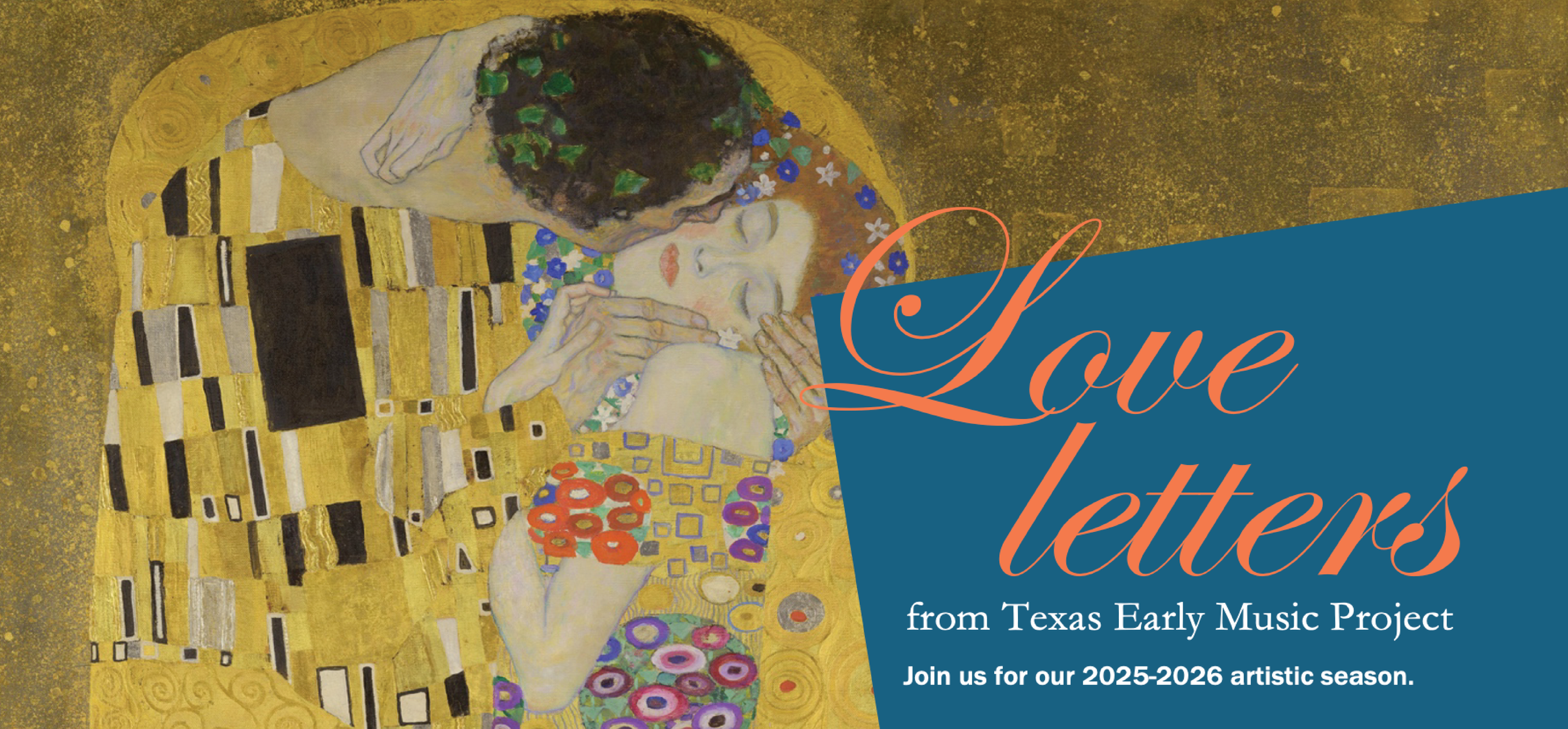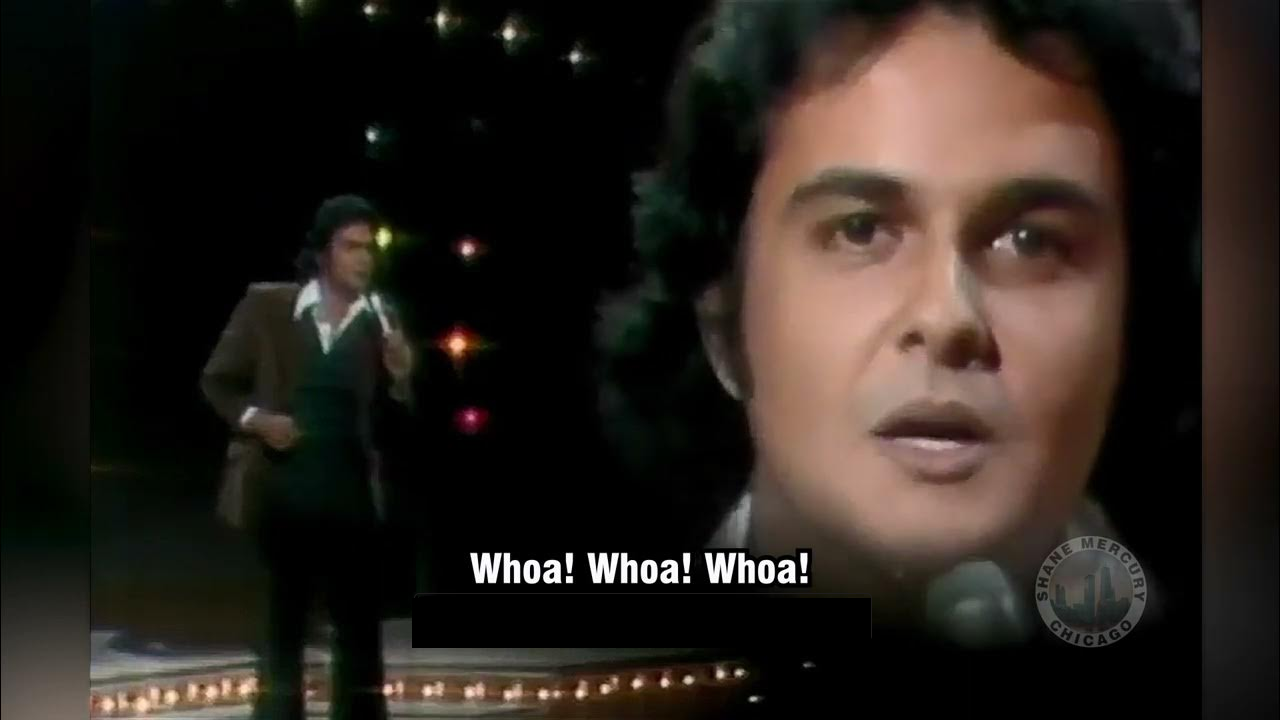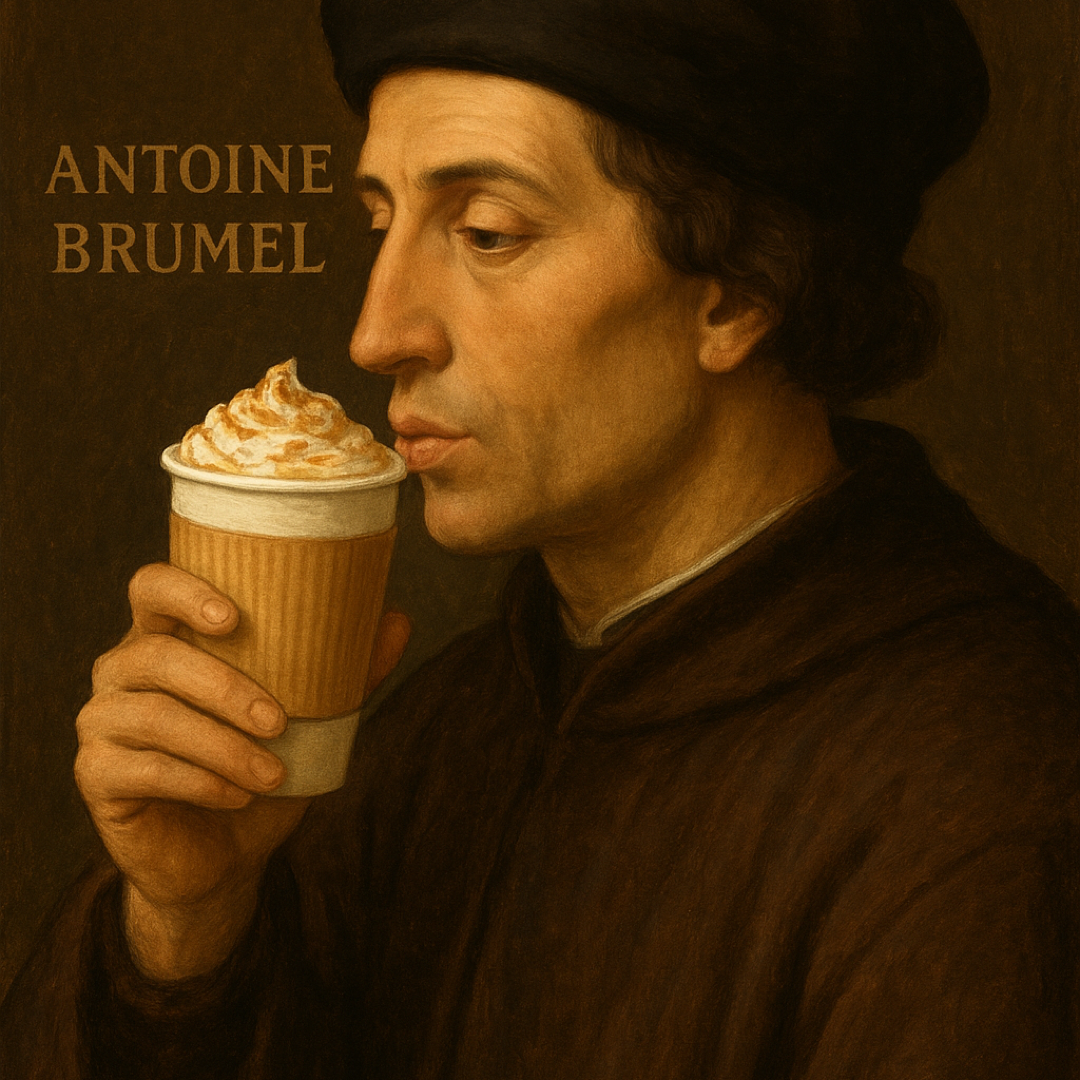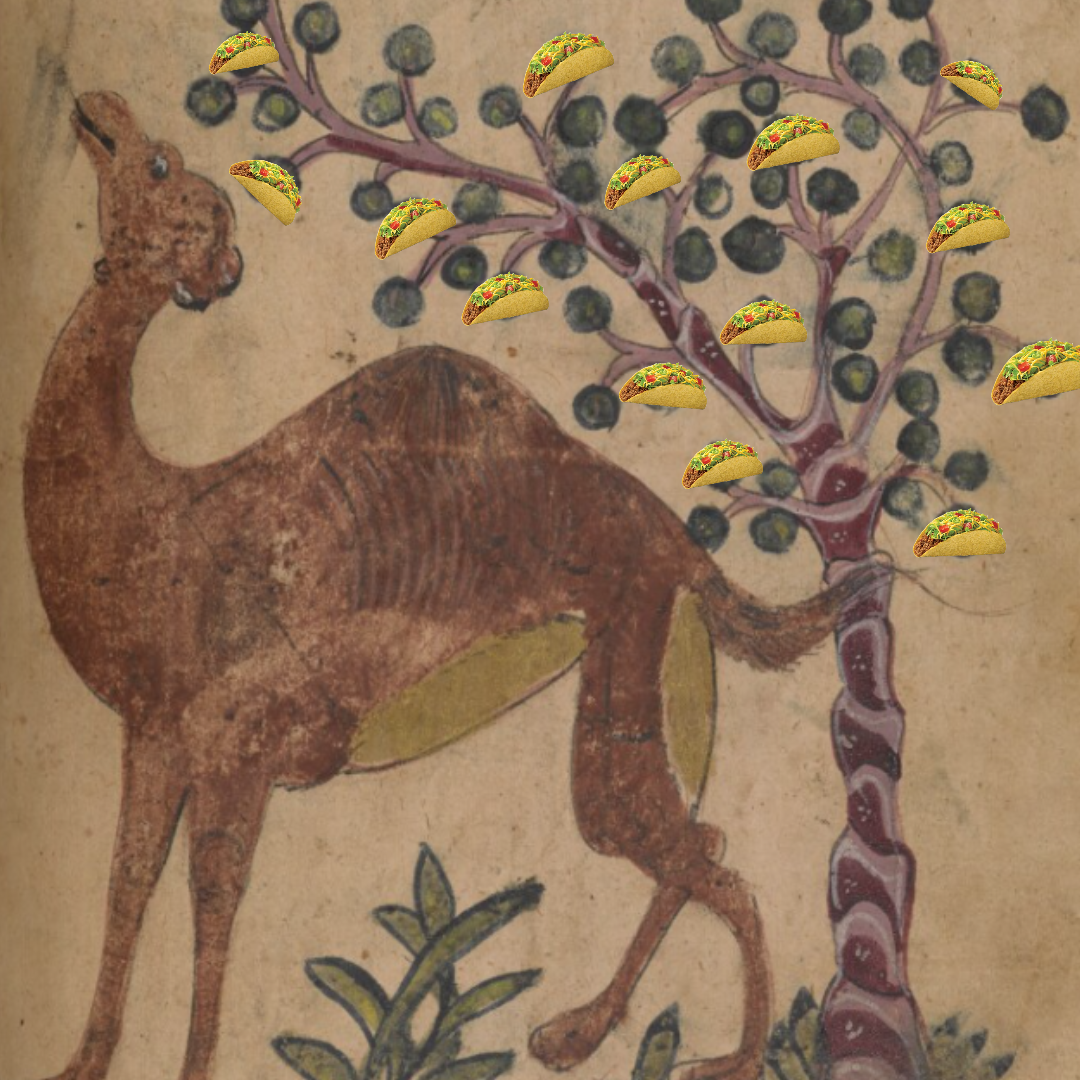A long, long time
Danny Johnson
Long, Long Time by Linda Rondstadt: https://www.youtube.com/watch?v=OADhKjNz8mI
I never knew that January was a year unto itself, but the January we just experienced was such an event. It was a long, long time. You know what else has been a long, long time? That’s how long it’s been since we last did a troubadour-centric concert. March of 2013, to be exact.
How are these things related? Welp, did you know that this February that we are currently barely in, has exactly:
• 4 Sundays
• 4 Mondays
• 4 Tuesdays
• 4 Wednesdays
• 4 Thursdays
• 4 Fridays
• 4 Saturdays!
Comtessa de Dia, BnF Fr. 854, f. 141r
This happens only every 823 years, so that means that in 1203 CE, the last time this occurred, just one of the composers in our concert was maybe still alive. That would be the Comtessa de Dia, one of many women poet/composers, who was officially a trobairitz. That was all a long, long time ago. (Ah, speaking of trobairitz: Click on the image of Linda Rondstadt above for a classic example of a modern-day trobairitz song!)
Relatively speaking, our upcoming concert isn’t a long, long time away: about three weeks and some change! Hope you can make it; it might be a long, long time before we can do another troubadour program. But even though this is really the basis for my love of early music, I will abide and take things in stride.
Don’t miss the opportunity to hear this lovely repertoire! See the details below!
-Danny
Troubadours of France & Iberia
Saturday, February 28, 2026, at 7:30 pm
&
Sunday, March 1, 2026, at 3:00 pm
Redeemer Presbyterian Church, 2111 Alexander Avenue
Hosted by Arts on Alexander on the campus of Redeemer Presbyterian Church,
2111 Alexander Ave, Austin, TX 78702.
Visit the Arts on Alexander 2025-2026 events on the AoA website.
Admission (with fees): $53 VIP general; $38 general; $48 VIP seniors (60+);
$33 seniors (60+); $5 students with ID
Tickets available in advance online or by cash, check, or credit card at the door.
For more information, email boxoffice@early-music.org.
The poetry, music, and culture of the troubadours of what is now southern France informed and inspired musicians and poets all over Europe for generations. Even now, a thousand years later, cultures around the globe refer to favored singer-songwriters and performers as troubadours. The original troubadours wrote of the ideology of love and its rules of conduct and secular morals, the importance of courtesy and honor in relationships, and the highly valued and much-misunderstood ideal of unrequited love. Western poetry itself emerged from the forms, styles, and themes created by the troubadours of Occitania from around 1100 to 1350.
Occitania, which is now the south of France, stretched from Aquitaine on the Atlantic coast to the east through Provence, and south to Catalonia. Occitan was spoken over a huge area, one that was larger than the traditional French-speaking area. For example, it was the first (and preferred) language of Richard Coeur-de-Lion, as well as that of his mother, Eleanor of Aquitaine. Occitan was the first literary language of modern Europe. The sacred music from Aquitaine and northern Iberia is also linked to the artistic force and creativity of the troubadours.
Along with music by a few of the greatest of the trobadors and the Comtessa de Dia (the principal woman troubadour or trobairitz), TEMP will present rarely heard Aquitanian chant from St. Martial de Limoges and motets from northern Iberia and Catalonia, preserved in Las Huelgas Codex, Codex Calixtinus, and Llibre vermell, all of which display the virtuosity and creativity prevalent in the music of the region at that time. We will also present love songs about “the distant beloved” by the 13th-century Galician poet/composer Martin Codax.
We perform this rare and intimate repertoire for you with our company of twelve singers and eight instrumentalists, plus our special guest, percussionist Spiff Wiegand from New York. Our medieval orchestra includes medieval fiddles, rebec, citole, harp, recorder, kantele, psaltery, and oud. The featured vocal soloists include Cayla Cardiff, Page Stephens, Tim O’Brien, and Joel Nesvadba for the trobador and trobairitz songs, with Adrienne Pedrotti Bingamon, Erin Yousef, Jenifer Thyssen, and more providing solos for the Iberian music.
TEMP hasn’t performed a unique troubadour concert like this since 2013;
Don’t miss this opportunity!


